NiNAS held a three-day assessor training on ISO15189:2012, from the 11th to the 13th of March at Chelsea Hotel, Abuja. The training was well attended and different professionals in the medical laboratory and pathology fields were present. Some attendees include representatives from Jos University Teaching Hospital (JUTH), Aminu Kano Teaching Hospital (AKTH), Lagos University Teaching Hospital (LUTH), University of Maiduguri Teaching Hospital (UMTH), University of Nigeria Teaching Hospital (UNTH), Olabisi Onabanjo University Teaching Hospital (OOUTH), National Hospital Abuja, Cledron Health Limited Ahmadu Bello University (ABU), Federal Medical Center Yenagoa (FMC), FMC Kastina, University of Benin Teaching Hospital (UBTH), University Of Abuja Teaching Hospital (UATH), Lagos State Blood Transfusion Service, University of Calabar Teaching Hospital (UCTH) and Lautech Teaching Hospital.
The training was one out of the four series of trainings for prospective assessors. The aim of this training was to enlighten participants on the requirements for competence in medical laboratory services in accordance with ISO 15189. Furthermore, participants were given an insight on the practical approach for implementing the relevant ISO standard and key concepts in actualizing an efficient quality management system which serves as prerequisite for accreditation of clinical laboratories.
The training had interactive sessions where the professionals shared their views and experiences in related areas especially quality assurance in the healthcare sector. Participants also shared their suggestions on how to implement these standards in their specific areas and places of work.
At the end of the training, the participants expressed their satisfaction in the training especially the interactive training approach and trainer’s ability to explain the ISO standards in simple terms, relating them to routine activities in the laboratory. Having concluded the first phase of the assessor training programme, the participants are qualified to proceed to the second phase of the four-stage training to become qualified assessors on the relevant standard.

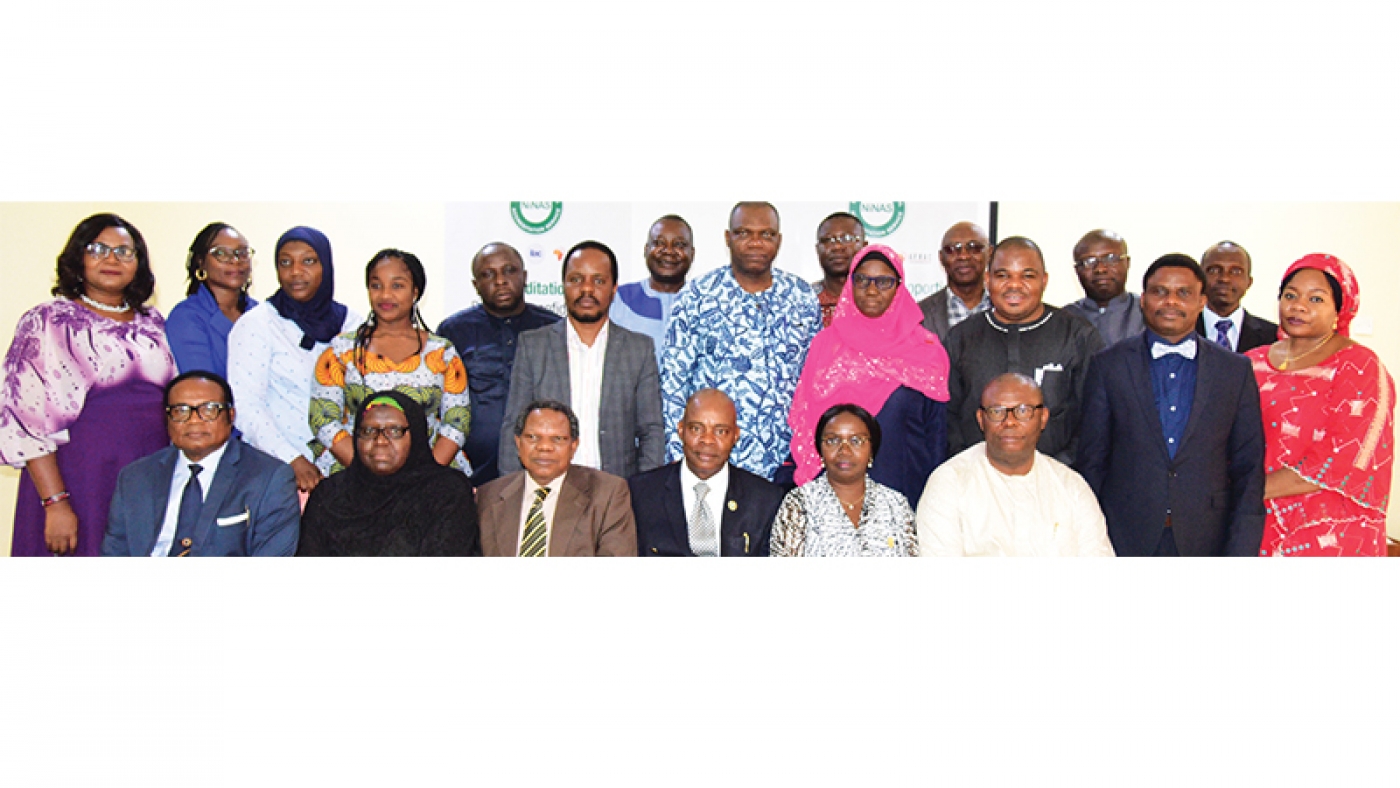

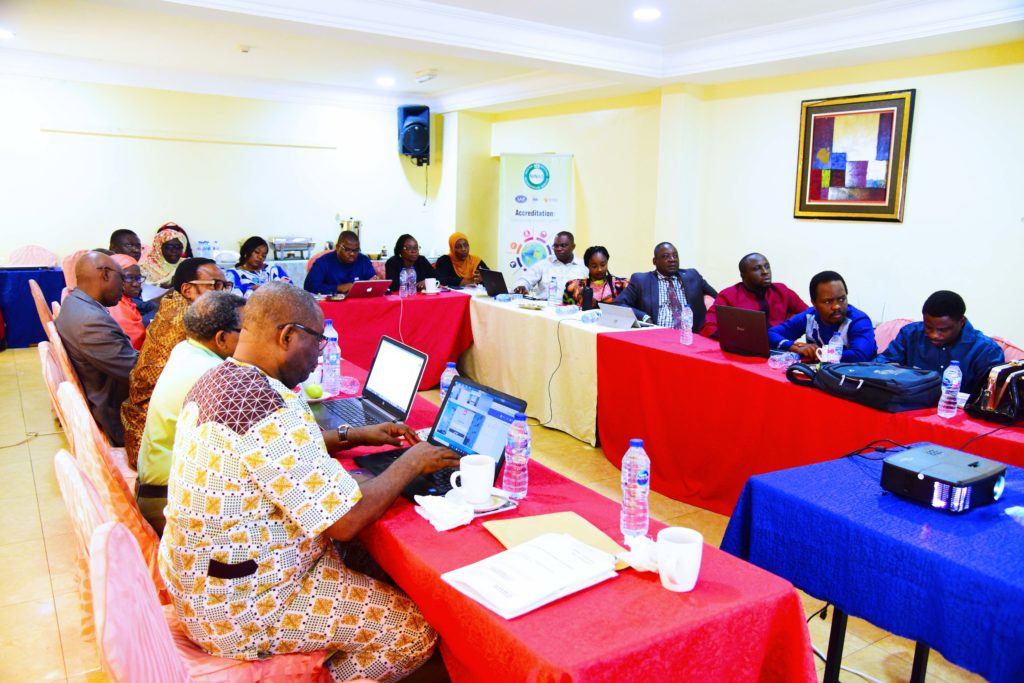


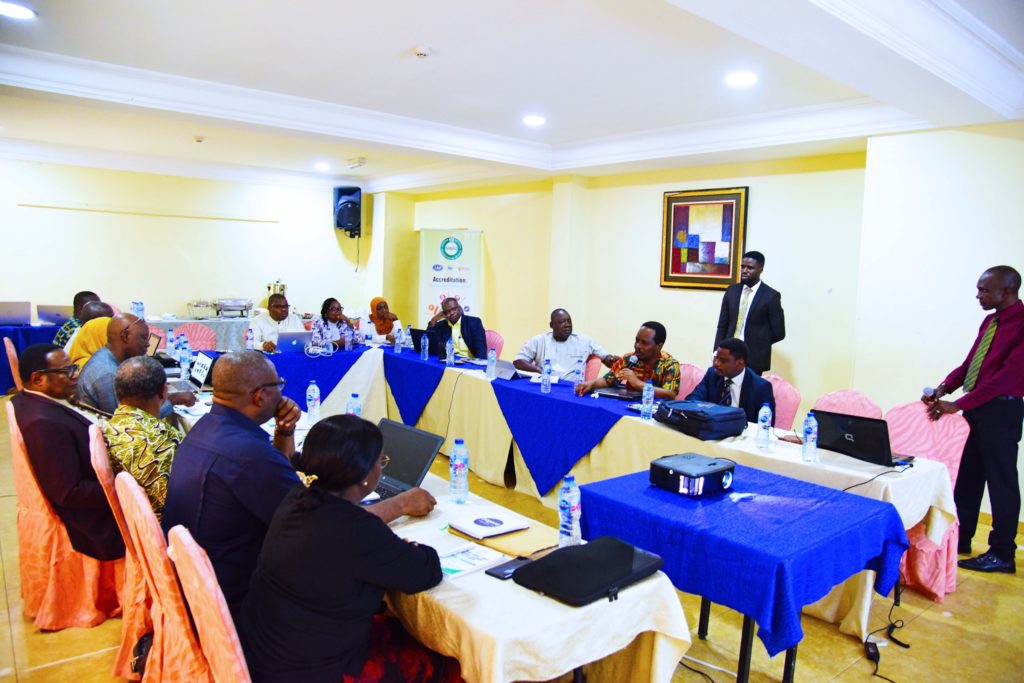
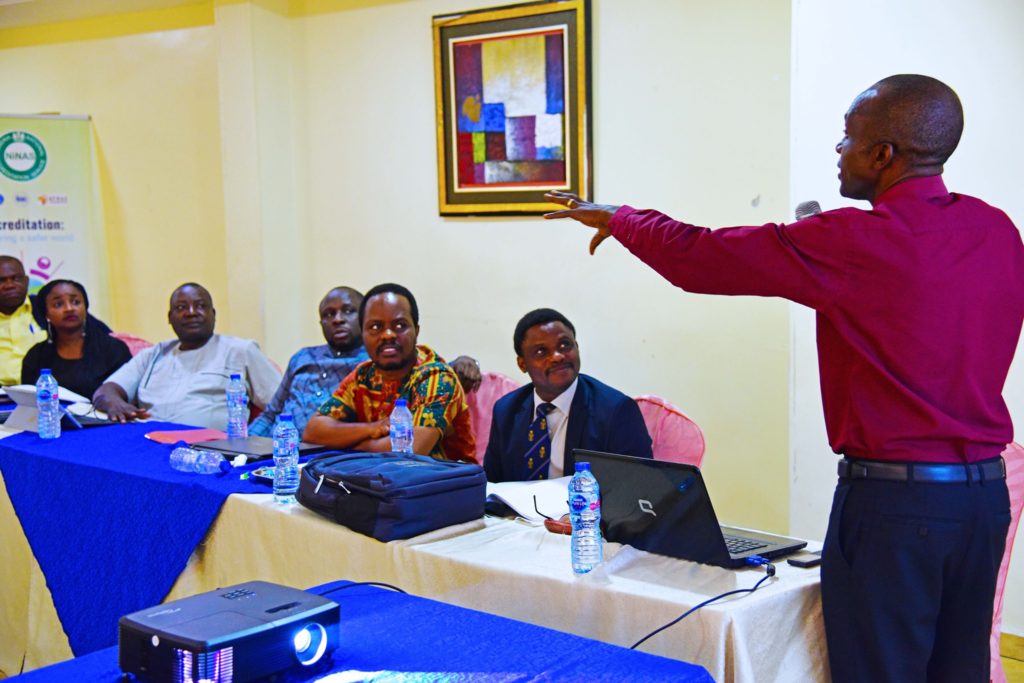
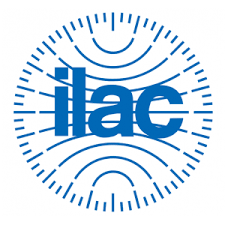

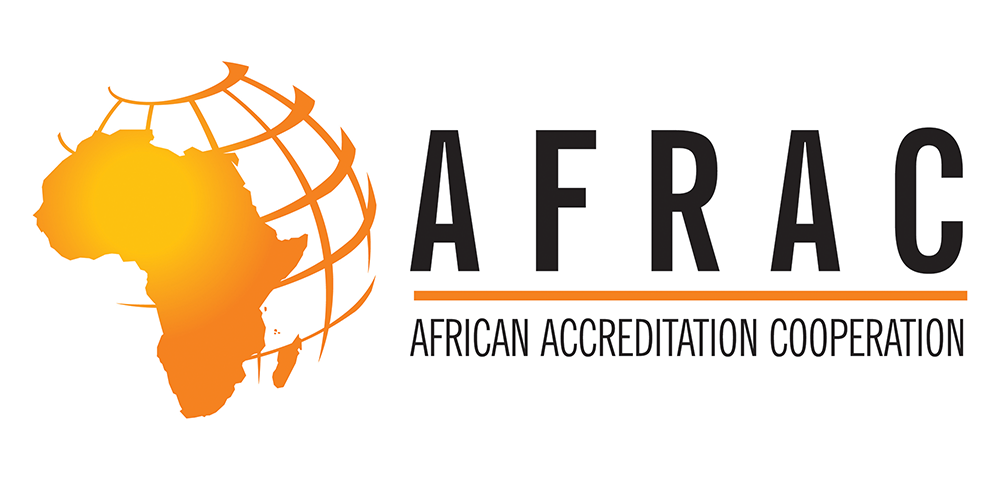
Add a Comment
You must be logged in to post a comment